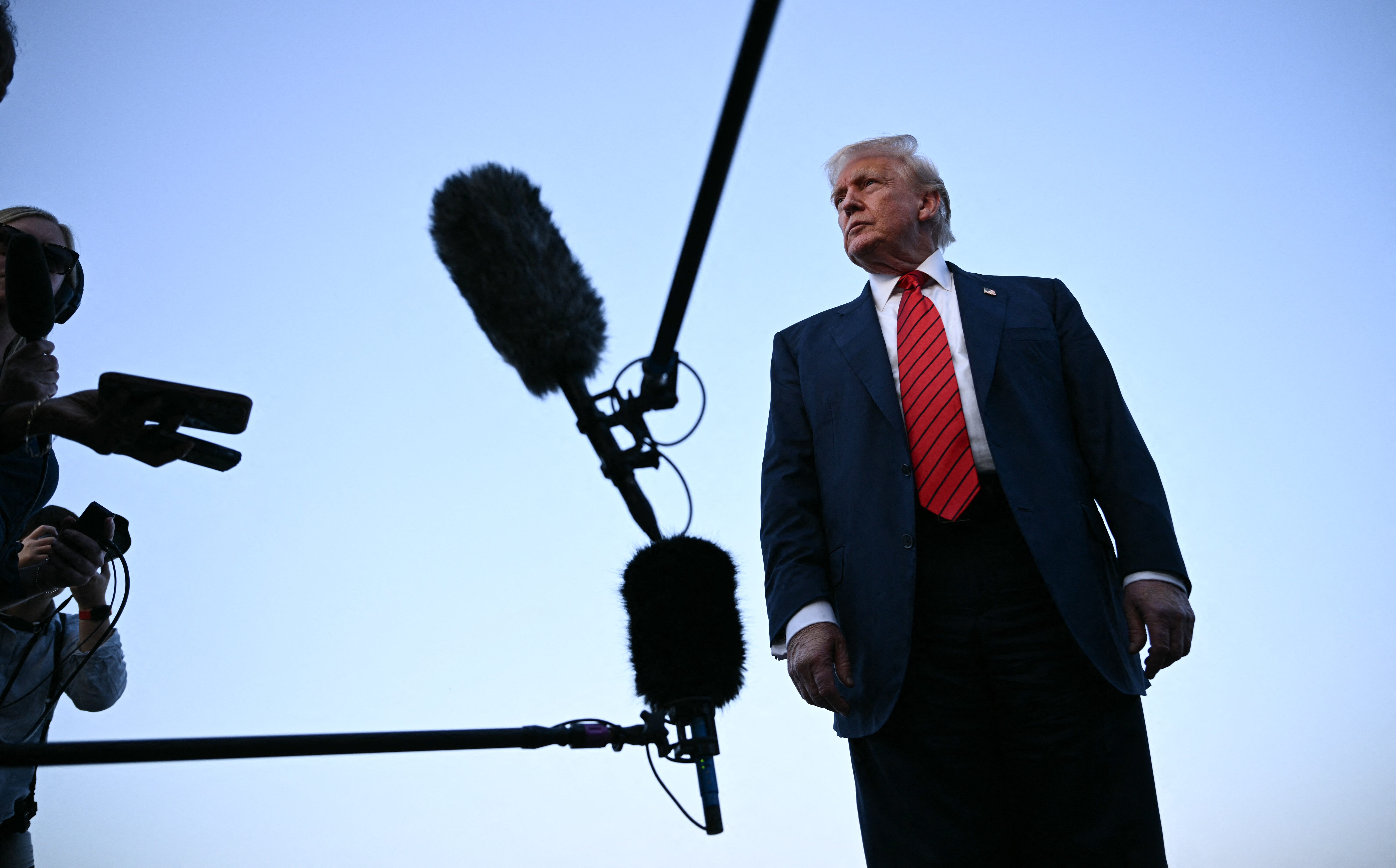
U.S. President Donald Trump’s decision to skip the upcoming G20 Leaders’ Summit in South Africa is unlikely to diminish the event’s significance or South Africa’s leadership, experts say.
- President Donald Trump will not attend the G20 Leaders’ Summit in South Africa, sending Vice President JD Vance instead.
- The summit will address various global issues such as disaster resilience, climate finance, and debt sustainability.
- Experts believe Trump’s absence will not significantly impact the significance or success of the event.
- U.S.-South Africa relations are characterized by complexities involving trade, land reform, and differing global policies.
Last week, Trump announced he would not attend the Johannesburg meeting in November, with Vice President JD Vance designated to represent the United States instead.
The G20 Leaders’ Summit, scheduled for November 22-23, will bring together world leaders to discuss issues including disaster resilience, climate finance, and debt sustainability for lower- and middle-income countries, among other priorities.
Political analysts note that South Africa’s G20 presidency will continue to advance its agenda effectively, with U.S. representation ensured through other officials, reflecting a shift in global dynamics where Washington’s personal presence is no longer deemed essential for the summit’s success.
U.S.–South Africa Tensions Mount Over Land, BRICS, and Trade
South Africa and the United States have a complex relationship shaped by a mix of economic, political, and diplomatic tensions.
Trade remains a sticking point, with disputes over access under the African Growth and Opportunity Act and limits on South African manufactured exports.
Land reform in South Africa, particularly expropriation without compensation, has raised concerns over property rights and foreign investment.
The country’s neutral stance on the Russia-Ukraine conflict, engagement with U.S.-adversarial states like Russia and Iran, and regulatory, labor, and intellectual property practices have also drawn U.S. scrutiny.
On the global stage, Pretoria’s resistance to U.S. influence on debt relief, climate finance, and trade rules, combined with its criticism of Israel and support for Palestinian statehood, further strains relations.
In response, the Trump administration imposed a 30% tariff on selected South African exports, including steel, automobiles, and pharmaceuticals.
Amid these tensions, South Africa is set to hand over G20 leadership to the United States, highlighting a moment of continuity in global economic governance despite bilateral frictions.
Together, these issues underline the delicate balance between cooperation and friction in the bilateral relationship.
Experts downplay effect of Trump’s absence
Despite its longstanding global dominance, the United States may see its influence muted at the upcoming G20 summit, analysts suggest.
Some experts say President Trump’s absence will neither harm the meeting nor significantly shift outcomes. While the U.S. exerts global influence through military strength, financial clout, technological leadership, and cultural reach, multilateral forums like the G20 operate differently, with influence shaped by presence, negotiation, and consensus-building.
Political analyst Sanet Solomons told Xinhua that U.S. Senator JD Vance’s attendance ensures American representation.
“It is clear the United States is not as influential as it once was. In the past, Washington’s absence might have prompted other global leaders to stay away as well. That is no longer the case,” she said.
Solomons added, “The decision doesn’t undermine the credibility of the meeting. Despite Trump’s absence, it will still be a high-profile engagement. South Africa and other African countries maintain strong relations with the global leaders who will attend.”
Independent analyst Sandile Swana said, “In this session, the United States is not the G20 president, so Trump cannot redefine the agenda. He clearly does not want to be seen fraternizing with South Africa by attending.”
Swana added that Vance’s presence is primarily to participate in the handover of the presidency.
Even without the president, Washington’s voice remains audible through senior officials and institutional channels, though its ability to directly shape discussions may be slightly diminished.












